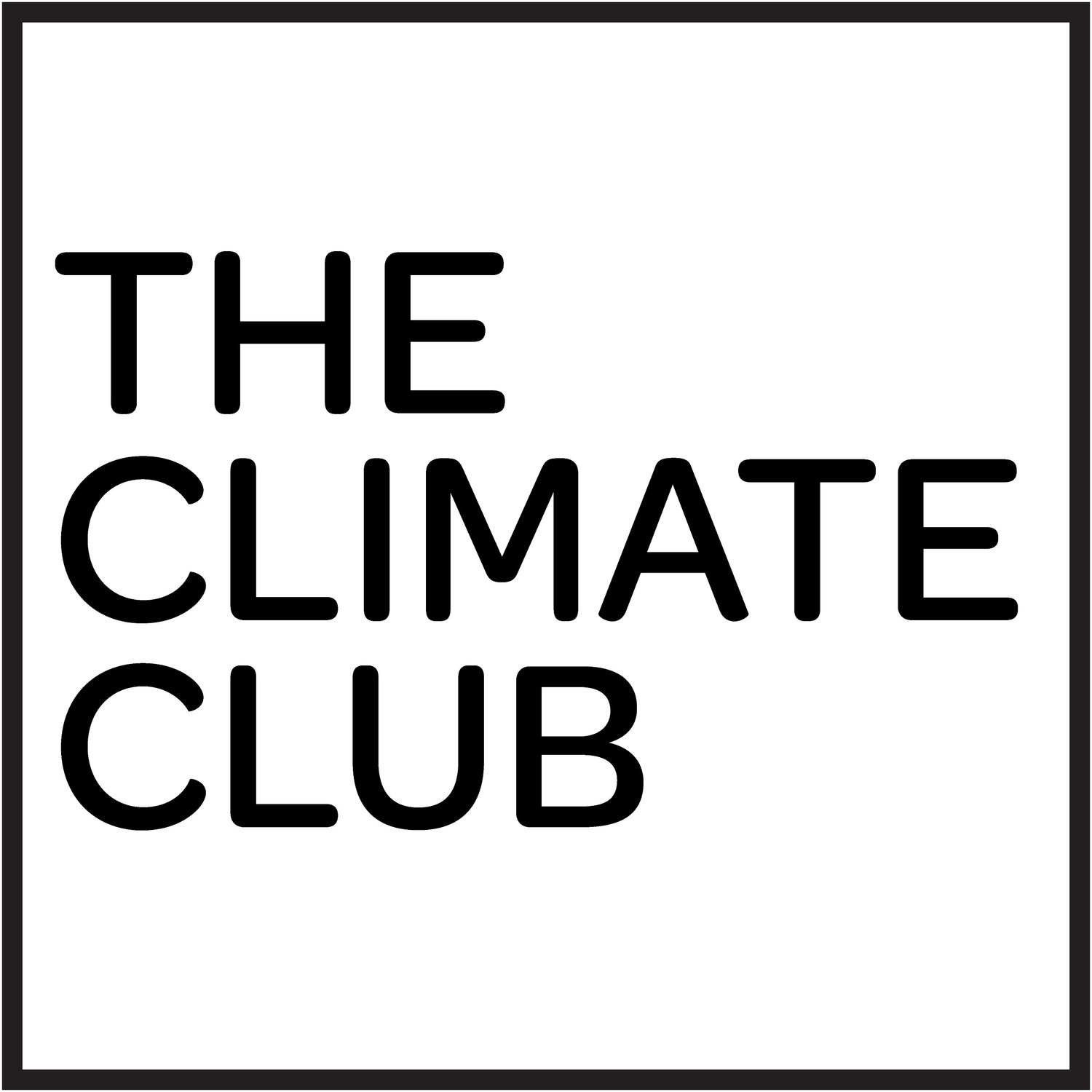Will Over-Consumption Require a Personal Carbon Allowance?
Celebrities have been leaving behind a very large carbon footprint with all their private jet trips. The actions of a few have disproportionately affected our environment, and it leaves us to wonder how the general public can carry out sustainable eco-friendly lifestyles. It can be daunting to offset the actions of the top one percent, but we have to start somewhere.
Celebrities have been leaving behind a very large carbon footprint with all their private jet trips.
One way to control the carbon footprint of individuals is to enact a personal carbon allowance (PCA). This is a radical idea for environmental health policy, but we are all feeling the heat of climate change (literally). PCAs work when each person is given an equal, tradable carbon allowance. People must purchase the unused allowances of others if they want to emit more. PCA policies have been considered in California, France, and Ireland. Despite conducting a feasibility study in 2018, the UK government came to the conclusion that a PCA would be prohibitively expensive, challenging to implement, and unlikely to be socially accepted.
However, given the wide disparity in energy consumption among comparable income households, the "conventional" PCA model would require a sizable portion of low-income, high-emitting households to purchase more allowances. If PCAs penalize vulnerable communities in our society, they will be extremely difficult to implement politically. Perhaps our economy requires a model where high-income, high-emitting parties should be penalized for over-consumption of resources.
According to the United Nations, the richest 1% would need to reduce their current emissions by at least a factor of 30. That equates to a 97 percent reduction in carbon emissions for the wealthiest individuals. This is evidence that inequality makes fighting for climate change alleviation difficult, but we cannot lose hope. Let this serve as a call to action to control the wealthy population’s emission rates. We need national policies to control air travel, as it is the most CO2-intensive activity.

